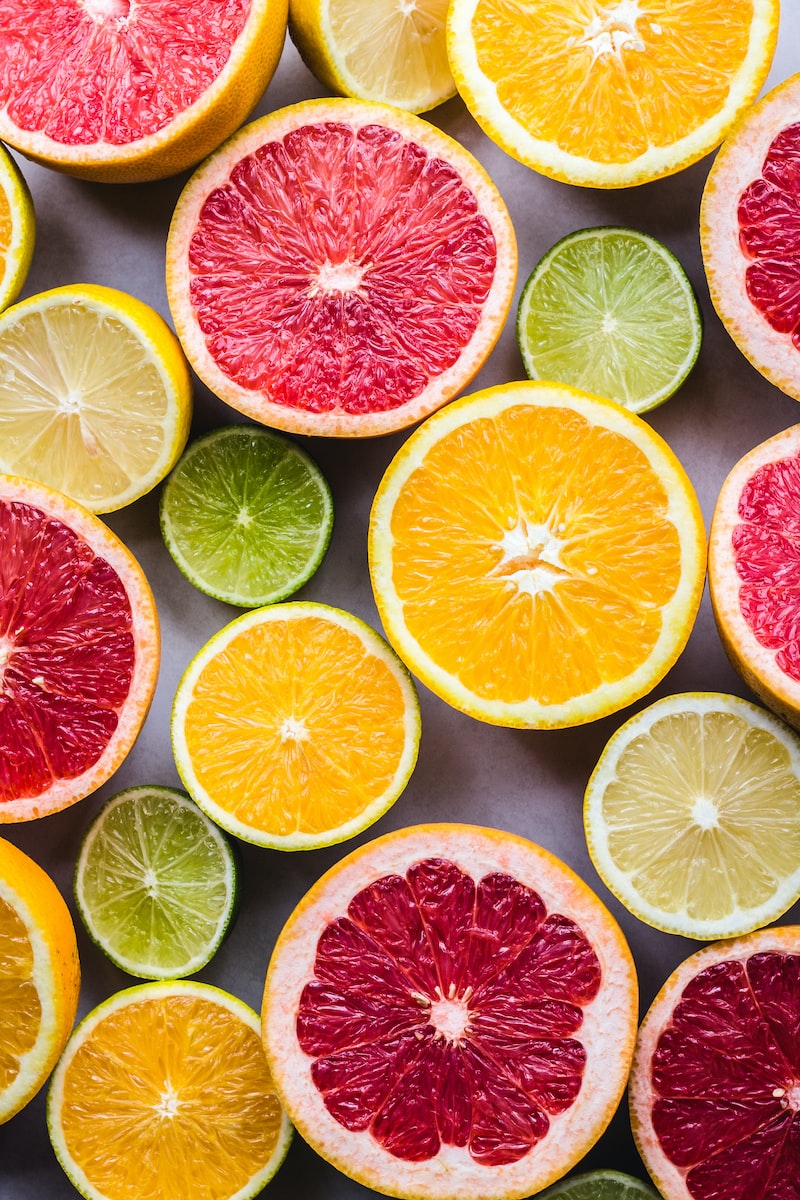[fusion_text]It has emerged from several studies that vitamin C lowers high blood pressure and improves cardiovascular activity. Scientists at the John Hopkins University School of Medicine have published, in the Journal of Clinical Nutrition, the results of a study showing the importance of supplementary vitamin C in lowering the levels of blood pressure. Doctor Peter R. Miller noticed that when taken in higher doses than the recommended daily amounts, vitamin C effectively reduces high blood pressure and the risk of heart attack or stroke.
Researchers have discovered that consuming an average of 500 milligrams of vitamin C a day, equivalent to about 5 times the daily-recommended amount, reduced blood pressure in the short term by 3.84mmHg. The drop was of almost 5mmHg among the subjects diagnosed with hypertension. These results could be sufficient to drastically reduce the risk of cardiovascular events and strokes in millions of adults diagnosed with slight hypertension. The Fdersalus observatory, the Italian National Association of Health Products Manufacturers, points out a recent study by a group of researchers of the University of California, Berkeley and published on the Nutrition Journal. The study shows how the daily consumption of high quantities of vitamin C helps lower high blood pressure.
The authors of the study highlight that the prevention of hypertension starts with a correct lifestyle, and more specifically with an accurate nutritional education: scientist Gladys Block claims that one of the objectives of the study was to educate people on how to have a better diet, increasing the amounts of fruit and vegetables. She than goes on to conclude that the increased consumption of these foods is what led to an improvement in the average blood pressure values. Essentially, if you do not wish to see your blood pressure rise throughout the years, it is vital to pay attention to your diet, increasing consumption of fruit and vegetables and reducing consumption of fat and salty foods. An active lifestyle and regular exercise are equally important, as is of course avoiding bad habits such as smoking.
Visit the following links to see the original scientific articles:
- A review of the interaction among dietary antioxidants and reactive oxygen species: www.sciencedirect.com/science/article/pii/S095528630600266X
- A review of the antioxidant potential of medicinal plant species: http://www.sciencedirect.com/science/article/pii/S0960308510000520
- HPLC-DAD Analysis and In-VitroProperty of Polyphenols Extracts from (Solanum Aethiopium) Fruits on α -Amylase, α -Glucosidase and Angiotensin – 1- Converting Enzyme Activities: http://www.ncbi.nlm.nih.gov/pmc/articles/PMC4289703/
- Correlation between anthropometric measurement, lipid profile, dietary vitamins, serum antioxidants, lipoprotein (a) and lipid peroxides in known cases of 345 elderly hypertensive South Asian aged 56-64 y-A hospital based study: http://www.ncbi.nlm.nih.gov/pmc/articles/PMC4025308/pdf/apjtb-04-s1-s189.pdf
[/fusion_text]


